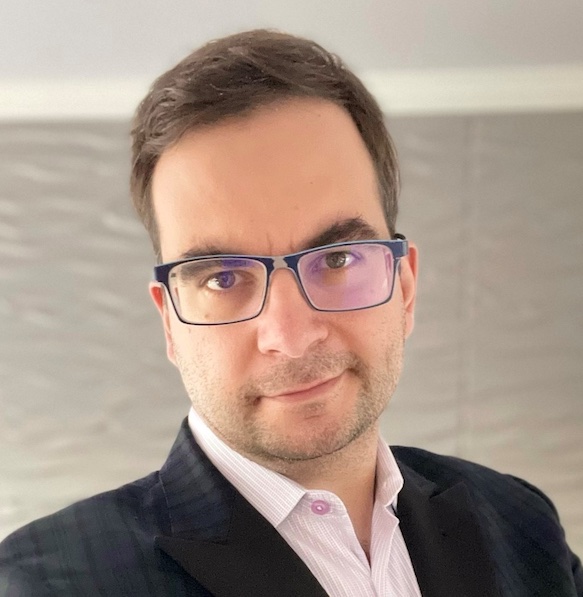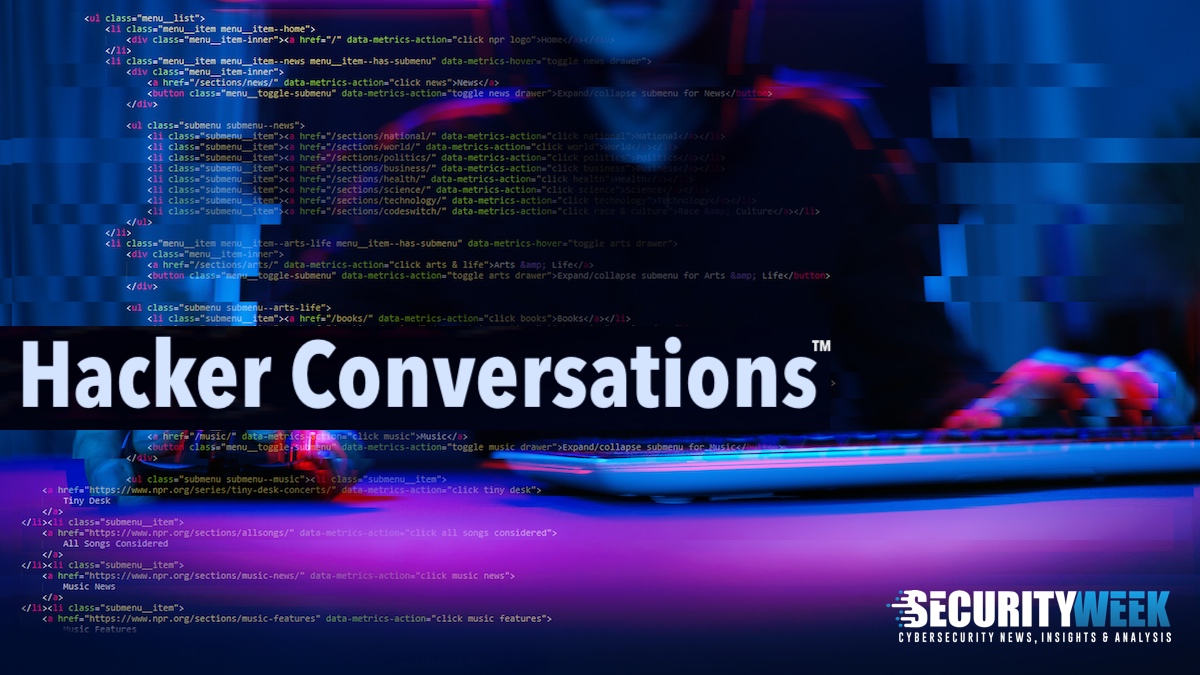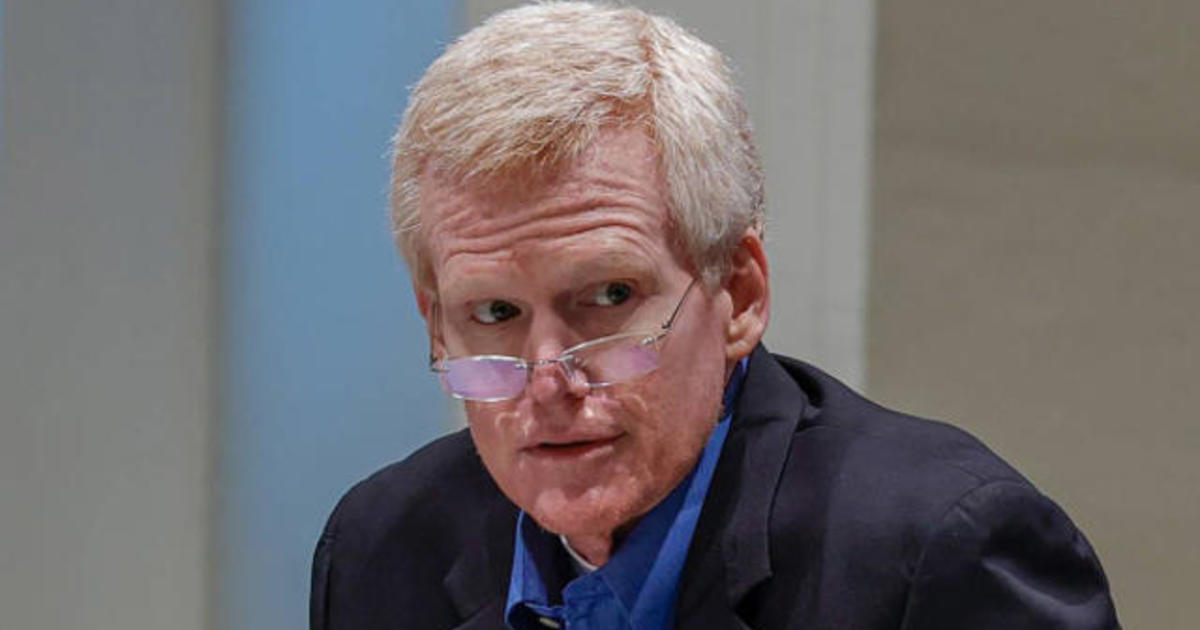Hacker Conversations: Alex Ionescu – SecurityWeek
In this edition of Hacker Conversations, SecurityWeek talks to Alex Ionescu, a world-renowned cybersecurity expert who has combined a career as a business executive with that of a security researcher.
The goal of Hacker Conversations is to talk to cybersecurity researchers to better understand how they fit into and operate within the cybersecurity ecosphere.
Ionescu is currently technical director, platform operations and research at Canada’s Communications Security Establishment (which has responsibility for foreign signals intelligence and communications security, protecting government networks, and being the nation’s technical authority for cybersecurity and information assurance).
Before that, he was VP of endpoint engineering at CrowdStrike, and is the co-author of the last two editions of the Windows Internals series. He talked to SecurityWeek for this series on his experience as an independent security researcher.
“The cliché answer,” says Ionescu, “is ‘curiosity’. It’s more complex than this; but basically, it is an insatiable need to know how things work, and why they work.” One thing it doesn’t need is a desire for fame and fortune. A lot of fame and a degree of fortune can be obtained (and we’ll meet researchers in this series who have done just that), but it is the exception.

It’s the process that must appeal. “You could spend years researching something and, in the end, it amounts to nothing more than knowledge gained. It’ll have no value beyond that,” he continued. “So, you must have that curiosity that makes you say at the end of the day ‘Oh, I’m glad I learned something that I can share.’ If you’re in it just for fame or just for money, it’s going to be disappointing quite quickly, because you generally don’t get there; or get there very rarely.”
This introduces two further personality traits that will benefit the researcher: patience and the lack of ego. Patience goes together with curiosity – neither work very well on their own. Research can be long and slow, so patience is necessary to keep going.
Ego is bound up with another characteristic – a desire to share what is discovered. There are…



